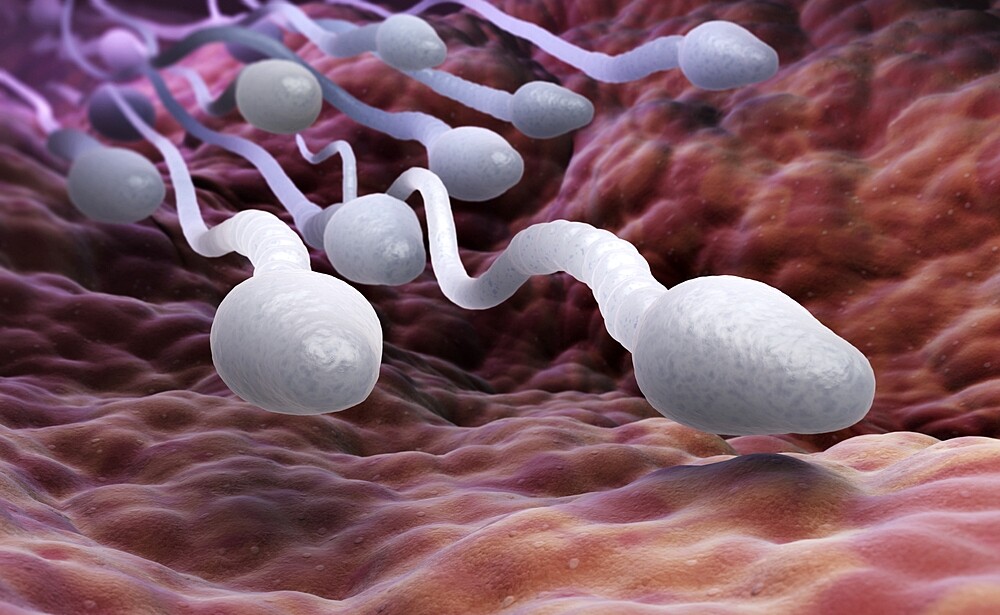A sperm allergy does indeed exist – although only rarely. Here you can find out possible causes, which symptoms occur and which treatment helps.
What is a sperm allergy?
In case of a sperm allergy, contact with sperm causes typical allergy symptoms such as skin irritation or nausea. Those affected do not react to the sperm itself, but to the seminal fluid that contains sperm (“seminal plasma”). The allergen concerned is the so-called prostate specific antigen (PSA) – this protein is produced by the prostate gland and is present in the sperm of every man. Women can protect themselves from the symptoms with a condom, and hyposensitization can also help.
How often does a sperm allergy occur?
The allergy is very rare – worldwide only 100 cases have been described in the literature, however, there are data from the USA which assume that there are about 20,000 to 40,000 allergy sufferers. The number of unreported cases is likely to be much higher. Many sufferers are embarrassed by the disease, so they do not want to talk about it with their doctor.
What allergic reactions occur?
The symptoms are similar to those of other allergies such as hay fever. The most common symptoms are as follows:
- Skin rash, redness and wheals
- Nausea
- Vomiting
- Diarrhoea
- Respiratory distress (with severe allergy)
What if I have a severe allergic reaction?
In the worst case, an anaphylactic reaction, i.e. an allergic shock, may occur. This can be life-threatening – the emergency doctor should be called immediately. By the way, experts estimate that about half of all patients have another allergy that can cause further symptoms.
What can I do if I have a sperm allergy?
For women, the easiest way to protect themselves from the symptoms is to use condoms. The tricky part is when there is a desire to have children – healthy women are recommended to do this by artificial insemination. However, this is not paid for by the health insurance company.
For men and women, if the symptoms are only mild, allergy suppressing medication can be taken before sex. In the long term, hyposensitization can also help.

